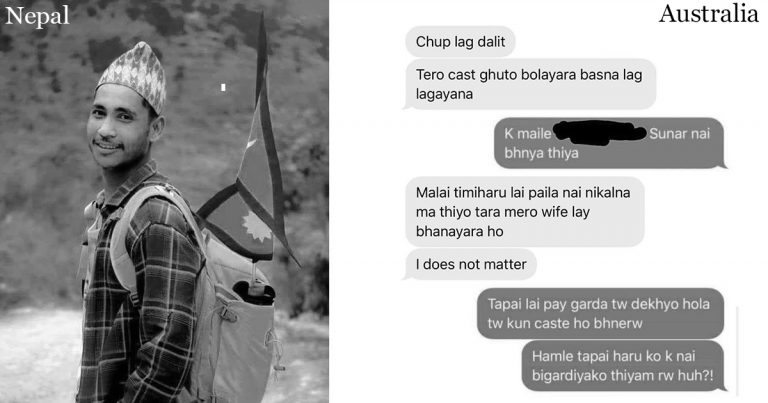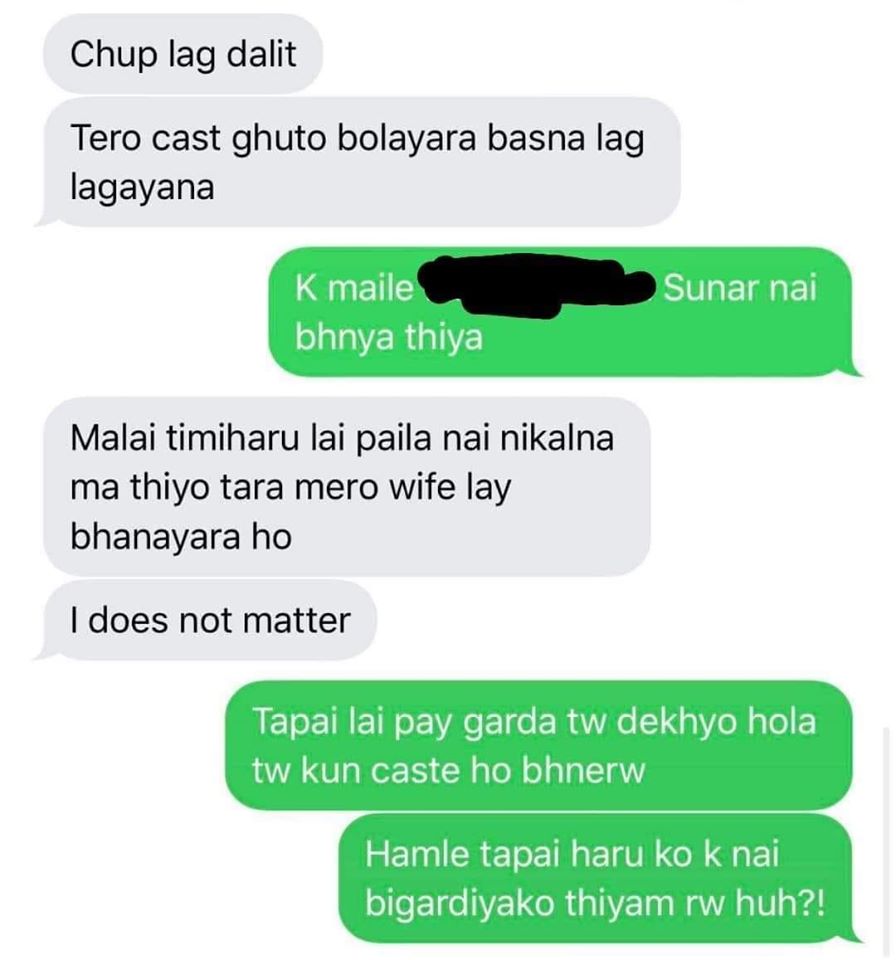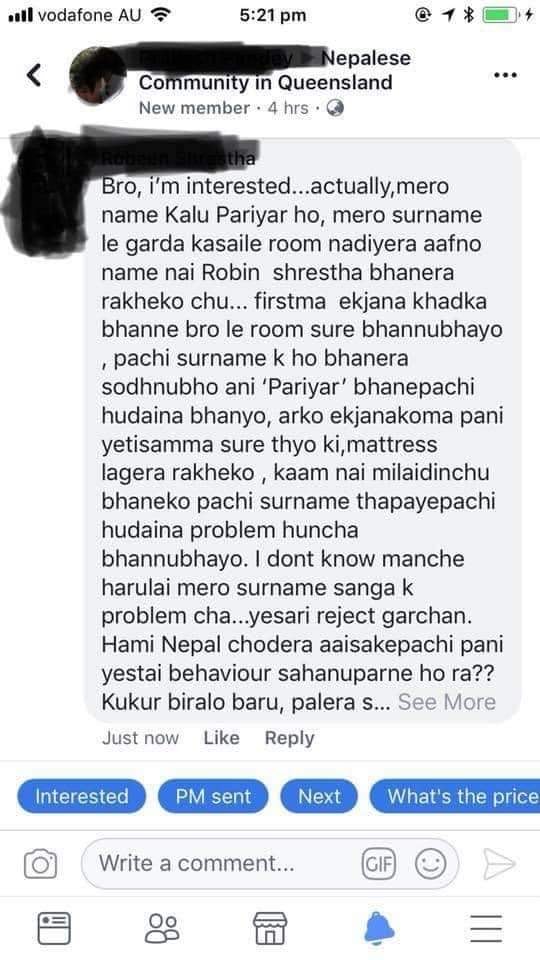
An incident in Nepal’s western district has reignited Nepal’s progress towards achieving social equality – ironically on the same week it is supposed to observe its 13th Republic Day.
What is the incident?
In western Nepal, two people fell in love with each other. The boy, a 21 year old Nawaraj BK was from Jajarkot and the girl, a 17 year old Asha Malla (name changed) was from Rukum West. The boy belonged to the Dalit class, an untouchable according to the Hindu caste system, while the girl belonged to an upper caste. They had been in a relationship for more than two years when the incident occurred.
The couple, who wished to get married were not allowed to by the girl’s family, and earlier Asha’s parents had even filed a complaint against Nawaraj with the local police citing Asha’s ineligiblity to be married owing to her age. In Nepal, the legal age to be married is 20 years, however, they can also be married at 18 with parental consent. Nawaraj was remanded by the police.
An interesting thing to note here is despite prevailing laws, child marriage is rife in Nepal, especially in the province in question here – however, that would be digressing. (One issue at a time).
Despite their troubles, they kept their relation ongoing – i.e. until the Saturday incident.
On Saturday, Nawaraj along with 18 friends left his district for Asha’s – as per reports, Asha had said she wished to elope with Nawaraj. However, family members of Asha and other villagers intervened – they chased Nawaraj and his friends away.
Six youths, including Nawaraj, had jumped into the Bheri River to escape the villagers’ wrath. Nawaraj’s body was found floating in the banks of Bheri river on Sunday morning. Two more bodies have been retrieved, and three are still missing.
Thus ended a love affair – owing to caste based discrimination.
In the aftermath, after several arrests, Nepalis are questioning the progress they have made to eliminate caste based discrimination.
According to Office of the United Nations High Commissioner for Human Rights and the National Dalit Commission, caste-based discrimination remains widespread in Nepal and has been blamed for the political, social and economic exclusion of millions of Nepalis on the basis of gender, caste, ethnicity, disability, sexual orientation and religion.
The incident also forces us to revisit an earlier episode which occurred right here in Australia. The Nepali community was seen discussing the prevalence of caste-based discrimination within the Nepali community in Australia too – several screenshots of Nepalis being discriminated by their own on the pretext of caste:
Check screenshots below:

This screenshot as retrieved from Facebook in February, 2020 shows a conversation between two people:
Person 1: Shut up Dalit
Person 1: Don’t you have any shame lying to us about your caste to stay with us
Person 2: I had told you my surname is Sunar.
Person 1: I actually wanted to throw you out of our home earlier, but my wife didn’t let me.
Person 1: It does not matter.
Person 2: Didn’t you see my name when I paid you the money?
Person 2: What have I spoilt of yours?
Nepalese Voice tried to reach the person in context here, however was unable to do so.

Translation: “Bro, I am interested. My name is Kalu Pariyar, and I have been rejected several shared accommodation opportunities owing to my caste. I even changed my name to Robin Shrestha. Once a Khadka (upper caste) assured me he would give me a room, however changed his mind after he learnt my surname. During another time, I was so confident that I would get a room – the leaseowner had assured me that he would even find me a job, but changed his mind after learning my surname. I don’t understand what problem people have with my surname – we have left Nepal and come this far, yet we are faced with similar behaviour”.
Repeated attempts to contact the above person was met with failure as well.
However, the problem is as real within the Nepali community in Australia, as it is in Nepal.
Editor’s Note: Nepalese Voice, an ardent believer of multiculturalism, severely criticises such behaviour. We would like to report more on the matter, and therefore urge anyone who has faced similar discrimination to reach out to us at [email protected].






